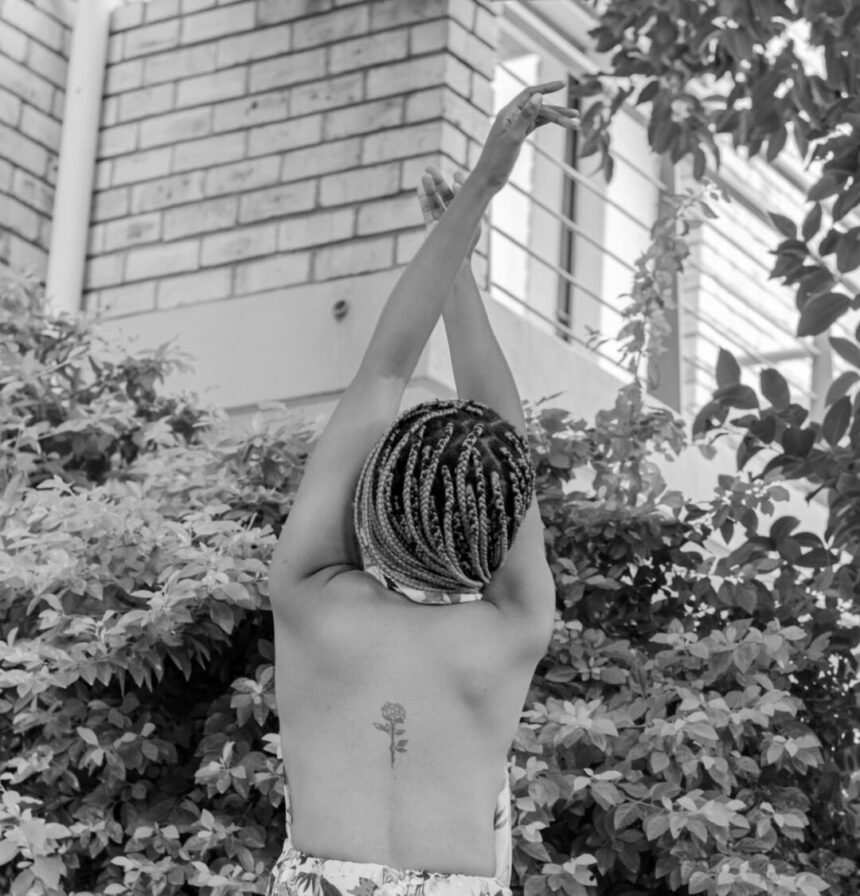NOTE: These reflections are influenced by an unpublished manuscript, which is a work in progress aimed at tackling the fundamental problem of femicide in post-Apartheid South Africa.
The Book Title: Provocative Thoughts by Pamela ‘Pam’ Dyantyi.
The notion of womanhood has been contested due to the scourge of femicide in the post-Apartheid South African context.
As a young woman in this country experiencing the harsh times of the post-COVID era and the high rise in the violent crimes committed against women, to be a young woman in this comes with the cure of living in a perpetual state of anguish and fear. Women particularly black women, are the most vulnerable groups facing the struggle of gender relations and transformations, which are yet to be addressed in South Africa.
My relationship with the world and society has been shaped by an intersectional identity that oppresses black women.
Black women are oppressed because of their ethnicity, socio-economic status, and being constant victims of being hypersexualized. We see this play put in History: Sarah Baartman is among the most famous black women in South African History. Only to be famous for being a sexualized figure. Being an object of male gratification has always been the case for Black women, dating back to colonial slavery, where black women would be slaves to masters and used for sexual pleasures by the slave masters. Four hundred years later, this identity continues to be socially and culturally imposed on me, thus shaping my relationship with society.
Moreover, the feminine has always been represented as the object of the male gaze, weak, irrational, non-critical thinkers, and thus their relation in the social arrangement is the world, their function would be at the interpersonal level, that is to raise the children and be good wives to their husbands. Moreover, the masculine has been represented as being rational and logical, and critical thinkers would be authoritative figures in all aspects of life, including the policing of women and their bodily autonomy. In this instance, social order in any society and context is through gendered lines. One’s gender then determines which issues and struggles one has to endure.
Under such conditions, women are amongst the most vulnerable groups in the post-Apartheid era. This has led the notion of womanhood to be contested in today’s South Africa. These conditions we are forced to live under a female, thus making us experience limiting notions of womanhood.
NOTE: These thoughts were informed by work done in the Politics 3 Lecture by Corrine Knowles in her course: The Politics of Knowledge and African Feminist Theory. Institution: Rhodes University.









